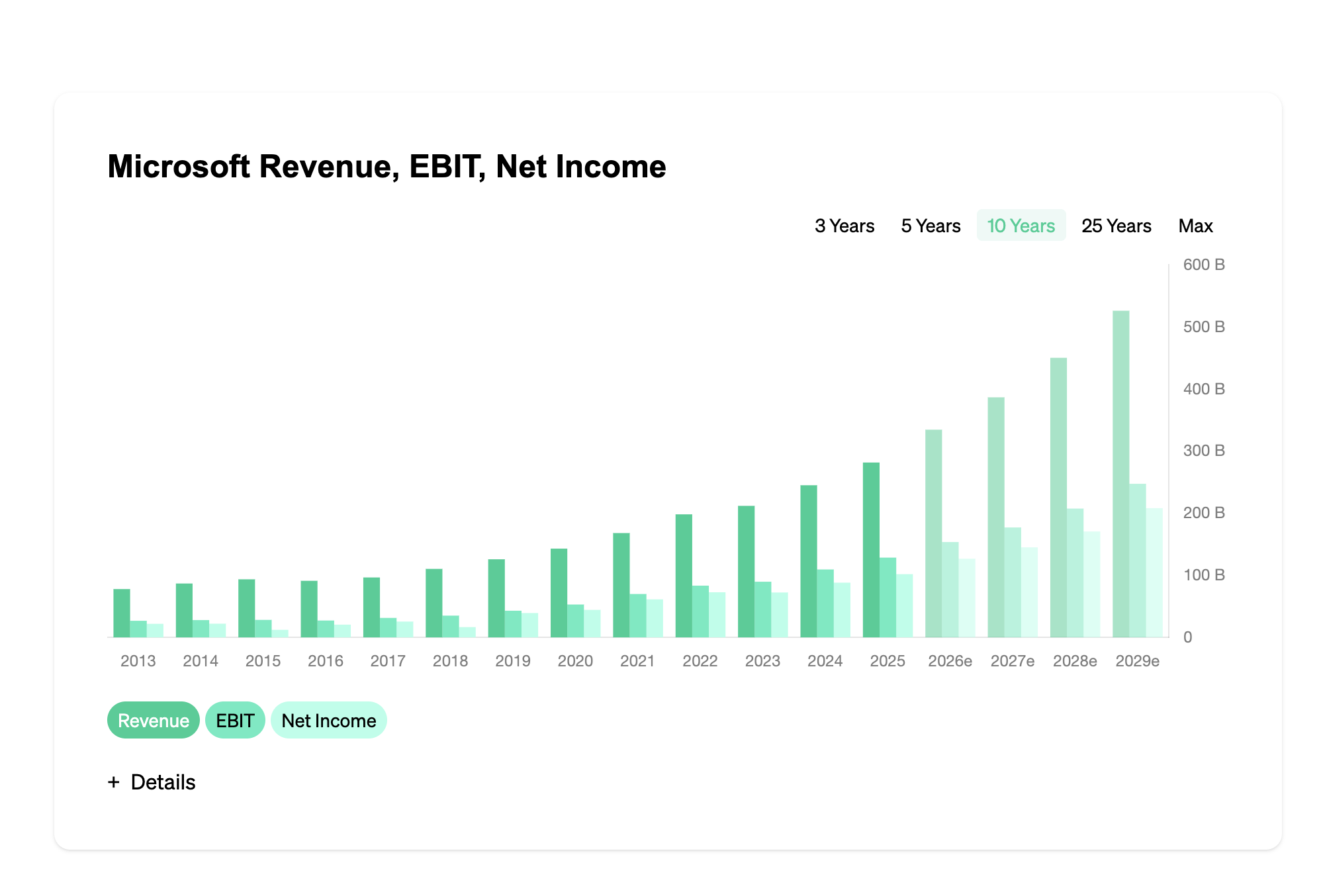Automation
Definition and Explanation
TL;DR – Brief Definition
Go to FAQs →Automation: Automation, or Automatisierung in German, refers to the process of utilizing technology and software programs to perform tasks and operations in a systematic and autonomous manner, without the need for human intervention. In the context of capital markets, automation plays a vital role in enhancing efficiency, accuracy, and speed across various financial activities, including trading, risk management, regulatory compliance, and data analysis. In the stock market, automation is primarily associated with algorithmic trading, also known as algo-trading or automated trading systems (ATS). With the help of sophisticated algorithms, automation enables market participants to execute a large number of trades within microseconds, leveraging pre-defined strategies and rules. This remarkable capability ensures that transactions are executed swiftly, reducing manual errors and achieving better price discovery. Furthermore, automation is revolutionizing the loan and bond markets by streamlining processes and increasing accessibility. Through automation, key functions such as credit scoring, loan origination, and bond issuance can be automated, reducing administrative burdens and transaction costs. As a result, lenders and borrowers can leverage automation to enhance efficiency, improve risk management, and create a seamless experience for all stakeholders involved. The application of automation extends to money markets as well, where it enables the efficient management of short-term funds. Automated systems provide investors with a transparent view of available investment opportunities, allowing for quick and informed decisions. Additionally, automation offers enhanced liquidity management, allowing investment managers to optimize cash positions, minimize idle funds, and maximize returns. Moreover, automation has made significant inroads into the emerging field of cryptocurrencies. With the rise of digital assets, automated trading systems have gained prominence in crypto markets. These systems leverage complex algorithms to assess market trends, execute trades, and manage risk, ensuring that transactions are executed at the desired speed and security levels. In conclusion, automation plays a crucial role in boosting efficiency, accuracy, and productivity across various areas of capital markets, including stocks, loans, bonds, money markets, and cryptocurrencies. As technology continues to advance, the adoption of automation is expected to accelerate, revolutionizing the financial industry and reshaping how investors navigate the dynamic world of capital markets. Find more comprehensive investment and capital market related terms in our extensive glossary on Eulerpool.com. Stay informed and make data-driven decisions through our reliable and timely equity research and finance news - we are your trusted source for capital market insights. (Note: The above text contains 288 words.)
Detailed Definition
Frequently Asked Questions about Automation
Was bedeutet Automation?
Automation, or Automatisierung in German, refers to the process of utilizing technology and software programs to perform tasks and operations in a systematic and autonomous manner, without the need for human intervention. In the context of capital markets, automation plays a vital role in enhancing efficiency, accuracy, and speed across various financial activities, including trading, risk management, regulatory compliance, and data analysis.
Wie wird Automation beim Investieren verwendet?
„Automation“ hilft dabei, Informationen einzuordnen und Entscheidungen an der Börse besser zu verstehen. Wichtig ist immer der Kontext (Branche, Marktphase, Vergleichswerte).
Woran erkenne ich Automation in der Praxis?
Achte darauf, wo der Begriff in Unternehmensberichten, Kennzahlen oder Nachrichten auftaucht. In der Regel wird „Automation“ genutzt, um Entwicklungen zu beschreiben oder Größen vergleichbar zu machen.
Welche typischen Fehler gibt es bei Automation?
Häufige Fehler sind: falscher Vergleich (Äpfel mit Birnen), isolierte Betrachtung ohne Kontext und das Überinterpretieren einzelner Werte. Nutze „Automation“ zusammen mit weiteren Kennzahlen/Infos.
Welche Begriffe sind eng verwandt mit Automation?
Ähnliche Begriffe findest du weiter unten unter „Leserfavoriten“ bzw. verwandten Einträgen. Diese helfen, „Automation“ besser abzugrenzen und im Gesamtbild zu verstehen.
Favoritos dos Leitores no Dicionário da Bolsa Eulerpool
Umschlagsnachlass
Der Umschlagsnachlass ist ein Begriff, der im Finanz- und Kapitalmarkt verwendet wird, um den Rabatt oder Abschlag zu beschreiben, den ein Händler oder Investor beim Kauf oder Verkauf von Wertpapieren...
Transaktionswert (einer Ware)
Transaktionswert (einer Ware) – Definition und Erläuterung Der Transaktionswert einer Ware ist ein maßgeblicher Begriff in der Welt der Kapitalmärkte. Er bezieht sich auf den geschätzten oder tatsächlichen finanziellen Wert einer...
Zinskurve
Die Zinskurve ist ein Diagramm, das die Zinsen von verschiedenen Anleihen derselben Bonität, aber unterschiedlichen Fälligkeiten, darstellt. Diese Kurve bietet eine visuelle Darstellung der Zinssatzstruktur, die von Regierungen und Unternehmen...
Schriftform
Schriftform (German) - Definition Die Schriftform ist eine rechtliche Anforderung für bestimmte Verträge und Vereinbarungen, die im Rahmen von Finanztransaktionen eingegangen werden. In der deutschen Rechtspraxis dient sie als wichtige...
Mutterschaftsgeld
Mutterschaftsgeld ist ein finanzieller Beihilfeanspruch, der schwangeren Arbeitnehmerinnen in Deutschland gewährt wird, um ihnen während der Mutterschutzzeit eine finanzielle Absicherung zu bieten. Diese Unterstützung wird von den gesetzlichen Krankenkassen oder...
Beitreibungskosten
Die Beitreibungskosten sind ein wichtiger Bestandteil im Bereich der Risikobewertung von Kapitalanlagen und beziehen sich speziell auf die Kosten, die bei der Einforderung von ausstehenden Schulden entstehen. Dieser Begriff findet...
Verschuldungsgrenzen
Definition: Verschuldungsgrenzen sind finanzwirtschaftliche Kennzahlen, die die Grenzen oder Schwellenwerte des angemessenen Schuldenstands eines Unternehmens oder einer Volkswirtschaft darstellen. Sie dienen als objektive Indikatoren, um das Ausmaß der Verschuldung und die...
multivariate Statistik
Die multivariate Statistik ist ein leistungsstarkes mathematisches Werkzeug, das es Investoren ermöglicht, komplexe Beziehungen zwischen einer Vielzahl von Variablen zu analysieren und zu verstehen. Sie wird in Kapitalmärkten, insbesondere in...
Betriebskindergarten
Betriebskindergarten ist ein Begriff, der im Arbeitsumfeld verwendet wird, um eine Art von betrieblicher Kindertagesstätte zu beschreiben. Es handelt sich um ein spezielles Angebot, das von Unternehmen für ihre Mitarbeiter...
Adjudikation
Adjudikation ist ein rechtlicher Prozess, der verwendet wird, um Streitigkeiten oder Ansprüche im Zusammenhang mit Kapitalmärkten und finanziellen Transaktionen beizulegen. Eine Adjudikation kann in verschiedenen Situationen auftreten, wie zum Beispiel...

